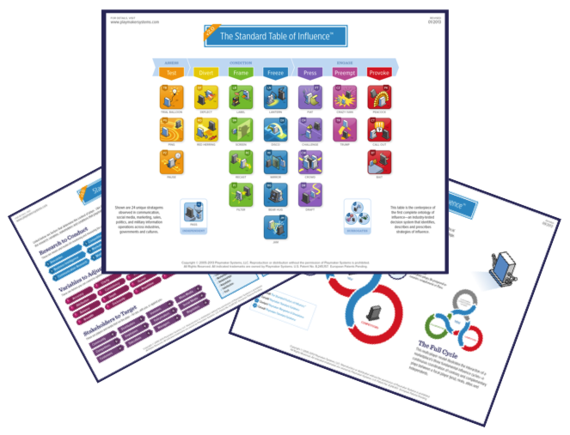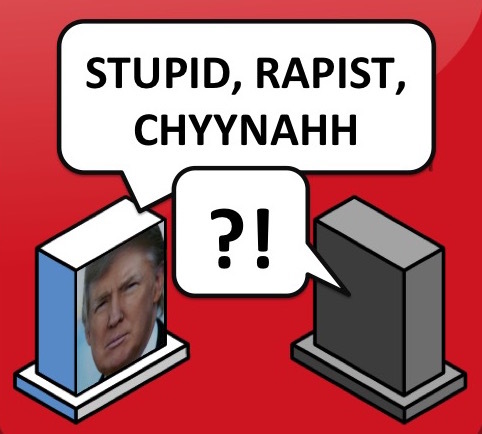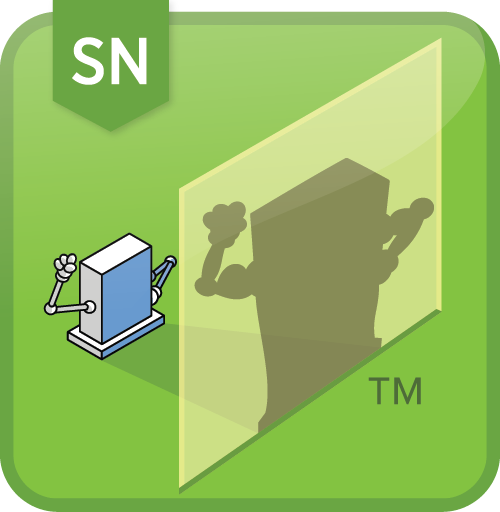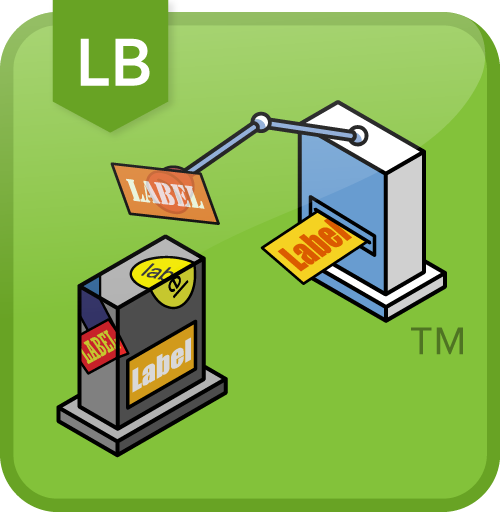Call it influence, persuasion, manipulation or propaganda...we need a language and a system to understand spin. From marketing to sales to PR to advertising and beyond, we need to know the moves and motives that fuel these increasingly powerful functions.
Whether it's a soap maker wooing wrinkled women, ISIS social media radicalizing young Muslims, or Donald Trump igniting angry voters, we are urgently overdue for a framework that accurately and comprehensively identifies the strategies these and other persuaders employ and that chronicles prescriptions for countering and complementing their effects. We've been spun enough.
My answer lies in the Playmaker Influence Decision System and its centerpiece, The Standard Table of Influence.
Chemists have the periodic table. Biologists have the phylogenetic tree. So why not a complete ontology that describes the precise elements of influence and their observed properties? Without it, we remain unwitting stakeholders and constituents to the PR and advertising pros, politicos, CEOs, activists and terrorists that wage what they call information campaigns but that are, in fact, influence wargames.
We need a system that translates the expressions of influencers and their surrogates into the meanings and motives they harbor because what's more important than what they are saying is what they are thinking or planning to do.
Two very different observers of the American socio-political landscape, particularly of Donald Trump, demonstrate our evolving understanding of spin: Scott Adams, author of the irreverent cartoon strip, Dilbert, and George Lakoff, a scholar and author in cognitive science and linguistics.
-- In his blog, "My Opinion of Trump's Convention Speech," Adams recognizes that images of JFK are being channeled to the candidate's kids. What he spots is a play called the screen, an influence strategy that works to borrow ideas, issues, events or symbols -- all to extend the meaning and power of an influencer's point or position.
-- In his essay, "Understanding Trump," Lakoff describes mechanisms that give The Donald a modicum of mind control. Calling Hillary Clinton "Crooked" is what Lakoff calls framing. In my system there are four irreducibly unique strategies that frame a matter. The one that matches this case is called the label, the stratagem that affixes memorable words, phrases and symbols to a target, usually to paste an opponent with an unflattering and hard-to-remove idea.
-- When Donald Trump says he's unworthy of evangelics, Adams sees the candidate's play: "Nothing will make religious people love you harder than admitting you are not worthy of their affection," he writes. In the table of influence there's no mistaking Trump's canny concession for a play called the disco, known to Parliamentary debaters as the rhetorical flourish that takes one step back and two steps forward. A well-played disco retrieves a player's credibility. It's the strategy of a smart salvager.
-- Likewise, Lakoff knows what's happening when the word "radical" is put in close proximity to the word "Islam." It's a suggestive reference that, to coin a phrase, de-positions a global faith as zealotry. The professor's insight is well described by the influence strategy named the ping, one of two testing plays. Pings are used to hint and hide. They amount to oblique references or suggestions of an implied interest or position. They are subtle, sometimes devious, and hard to read, which makes their detection all the more important.
It's one thing for soap makers to win over unwitting soap users. But in this era of insurgencies -- where PETA is remaking the role of animals, where ISIS is sowing global violence, and where Trump is rewriting electoral rulebooks -- there is the urgent need to understand and perhaps counter-act the plays that persuaders make for our minds, money and votes. It's the plays they are running, after all, that are causing these shifts.
Could we go on without knowing more, say, about the JKF imagery being tied to Donald Trump's family? Yes, but if we understand it as something more akin to a species than as just a thing then we might connect it to other things and see a larger pattern of uses and effects.
The screen, for example, is the play that allows Trump to project his strong man brand. Surrogates will say he's presenting a new Ronald Reagan, but what if he's thinking Vladimir Putin? As with any strategy in the Playmaker system, screens betray motive. According to the standard guidance resource, here's some of what Trump may be thinking and why he's using the screen:
-- Your position or platform lacks depth and dimension. You need help.
-- You want to be associated with a newsworthy idea or some kind of innovation.
-- Your position or agenda can be clarified by hitching it to a better-understood player, theme, or idea.
Is it really necessary to give a name to what we already know is a quip, meme or soundbite? Yes, because it improves our awareness and mastery of that play -- whether it's run on us or by us. it allows us to align behind a single name and concept the observed motives common to all quips, the plays that counter or complement them, and the known risks and benefits of running that play.
Sen. Elizabeth Warren (D-MA) might rather not retain the Pocahontas meme that Trump has stamped on her. So how can she can peel it off? By consulting standard guidance for the label:
-- Take the high road by running a deflect, but factor in the consequence of appearing disengaged or effete.
-- Apply a bear hug. Agree with the label. It might fit your brand, i.e. you're brave, unflinching, undeterred.
-- Use the disco. Apologize and laugh at yourself. Sometimes that's the best way to salve the sting.
Spin is serious stuff that rewards adherents the hardest kind of soft power. As never before, companies, activists are candidates are creating realities and rallying constituents through strategies of influence. Accordingly, it's time to identify, describe, name and organize the plays they employ and to measure and manage them for mutual benefit.
Graphics courtesy of Playmaker Systems, LLC




